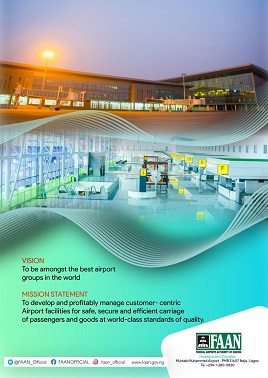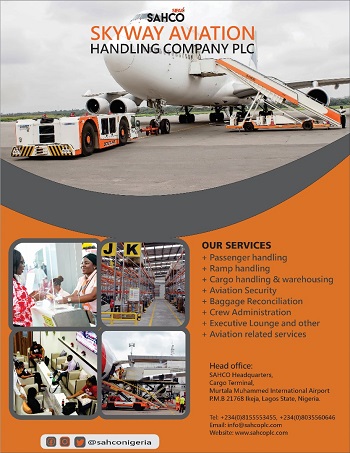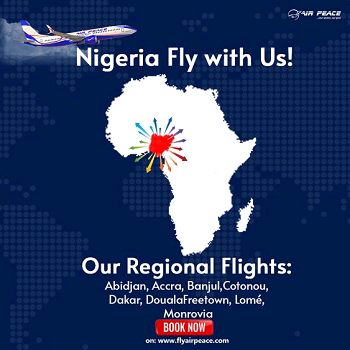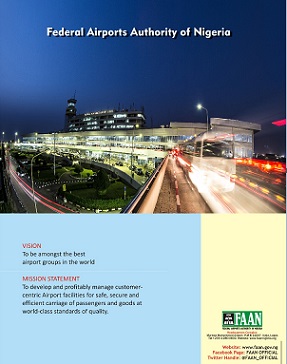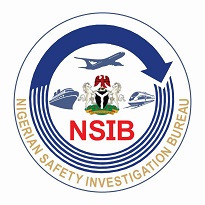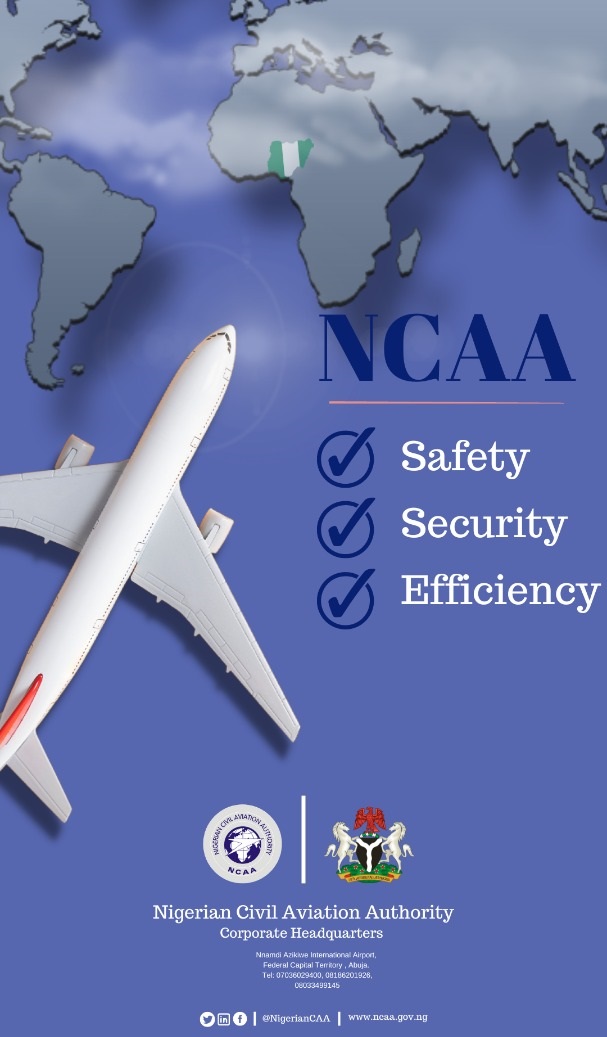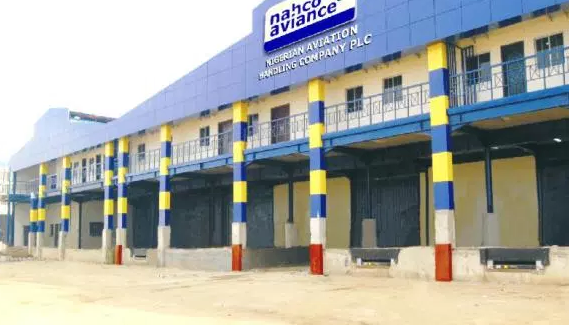
Ground Handling companies operating in Nigeria have been advised to work together to be able to enjoy the dividend of charging appropriate rates that would enable the sustainability of their businesses and grow the economy.
Noting that aviation ground handling tariff in Nigeria is the perhaps the lowest not only in West African sub region but on the entire Africa continent and perhaps the entire world, stakeholders who have been watching the trend and the negative impact it could have on safety, security and economy in the industry canvassed for healthy competition and understsnding among the operators, a review of the existing agreement and the government support give through adequate oversight by the regulatory agency.
It is on record that while the rates in Nigeria oscillate between $400 and $1,139 for narrow body aircraft, and $3,000 and $3,200 (wide body), depending on the negotiating capability of foreign carrier, Guinea charges $1,673 (narrow body) and $4,715 (wide body) aircraft, Senegal charges $2,250 (narrow body) and $5,259 (wide body) aircraft, Cameroon pockets $1,400 on narrow body and $4,500 wide body aircraft; and Ghana and Sierra Leone charge $2,250 (narrow body) and $5,250 (wide body), $1,500 ( narrow body) and $4,150 ( wide body) aircraft respectively.
Narrow body aircraft include B737, Airbus A320, ER 135 and ATR aircraft, while B767, A330, B777, B747 and A380 categorised as wide body aircraft
Considering the disparities between the tariffs obtained in Nigeria other West African countries, the stakeholders expressed concerns on the negatives impacts this would have on the economy, security, safety and revenue to government.
They argued that Federal Airports Authority of Nigeria (FAAN), which receives annually from the 5 per cent gross annual turnover paid by the ground handling companies would continue to lose billions of naira if appropriate rates are not changed.
Findings by our correspondent revealed that these rates have been on since late 1980s and 1999 without being reviewed could amount to sabotaging the economy.
Speaking on the negative impact of low charging rates on the industry and the economy, former Managing Director, Nigerian Aviation Handling Company (NAHCO) Plc, Mr. Kayode Oluwasegun-Ojo who argued that it does not make economic sense for any entrepreneur to charge below cost reflective price, advised that something must be done to address the situation for them to sustain their businesses.
“If Ghana is charging about $1,500 to handle narrow body aircraft and Nigeria is charging $1,139, then, something is wrong with our system. We must do something about helping our country and industry to grow.
“We have a huge market here and we must do something to boost the sector, starting from the ground handlers.
“If you charge for a service that is less than cost-reflective, it means you are not getting your cost back and on the long run, it will not be sustainable.” Ojo argued.
He insisted, “Lack of sustainability for aviation has serious implications because aviation actually starts from the ground and you land back on the ground. It is the ground handling companies that do that. If you are charging less than cost, it means you are subsidising from somewhere and this will have impact on the service you provide, equipment on the ground and others.”
The former Chief Executive Officer at NAHCO Plc also argued that it is when operators are able to meet their operational cost and earn profits they can pay government taxes and other charges.
“Companies that make losses will not be able to pay taxes,” he positioned.
On price fixing in the ground handling subsector of the aviation industry, Ojo who agreed that competition should be allowed in the industry, insisted, “There should be price fixing, for narrow body and wide body aircraft, “You should have a minimum level you can go, but don’t charge yourself out of business.”
He affirmed that There is implication on safety, security, job employment and the government when companies charge below cost of operations
Ojo who declined to offer a specific rate the ground handlers should charge, advised that operators must recover the cost of depreciation, tax, profit and others, otherwise, inflation will catch up with them.
On how the industry and government coule assist the handlers to achieve a review of the tariffs, the stakeholders call for the intervention of the industry’s regulatory authority, Nigerian Civil Aviation Authority (NCAA). They noted that doing this would forestall the imminent collapse of the ground handling subsector and its adverse impacts on the industry and the economy. Former Managing Director, Skyway Aviation Handling Company (SAHCO) Plc. Alhaji Oluropo Owolabi who recalled that the issue has been on for many years, however lamented the lackadaisical attitude of the federal government at intervening and addressing an issue that affects a sector that is regarded as the major catalyst to the national economy.
Owolabi insisted that NCAA should be able to regulate the sector by ensuring that Service Level Agreements (SLAs) are maintained and there is no undercutting
“This issue has been on for more than a decade and it is unfortunate that our government is sitting idle, acting as if this thing doesn’t affect them. It affects the government, foreign exchange, Federal Airports Authority of Nigeria {FAAN) and even the NCAA being the regulatory,” Owolabi said.
He added, “We are a country that is suffering just because there was no authority to be able to stamp their regulation on these airlines and call the ground handling companies to order.”
Owolabi therefore challenged NCAA to regulate the sector by ensuring that Service Level Agreements (SLAs) are maintained without undercutting.
“NCAA needs to wade in because the government is losing on foreign exchange; these foreign carriers are taking undue advantage of the ground handling companies. NCAA should stamp its authority. There should be a minimum rate with sanction to anyone that violates it and should be treated as a saboteur to government,” he advised.
Another former CEO, SAHCO, Barr. Chike Ogeah who blamed the two leading ground handling companies in the country for the present situation, appealed to the companies to stop undermining each other.
According to Ogeah, “The two handling companies must come and work together. As long as those two handling companies are not working in tandem and setting the bars for themselves, knowing that the most important issue in the aviation business is safety, then they will not want to be undercutting themselves; because that is where the greatest problem lies.
“Because a ground handling company wants to get the bulk of the clients, gives services below its cost is dangerous. The rates are inelastic, it is open ended. There is a particular amount of client that everybody is trying to get because aviation is a specialized business, not a food stuff business. It is a specific business.
“So, by the time you look at passenger and cargo handlings, you will realize that you need to be able to enforce your own prices, which must be standard and must be realistic to ensure that safety is not compromised,” he said.
Chairman, Board of Trustees, Aviation Ground Handlers Association of Nigeria (AGHAN), Engr. Sam Oluwole who agreed that imbalance in ground handling charges may affect the quality of the services provided by the handlers, noted that three areas: economic, safety and security which are of serious concern of the industry maybe jeopardized if the handlers allow airlines to continue to play on the infighting among them, to pay them a token for the better services they get Nigeria.
Oluwole who expressed concerns on the activities of terrorists around the world, queried, “what stops a terrorist to induce a worker who has access to restricted areas of the airport and has not been well-remunerated? That will not paint the image of our country in the right colours.”
Two aviation analysts, Merss Olumide Ohunayo and Tayo Ojuri who also examined the effects of low charges on safety, security and economy advised that it is time for the handlers and airlines to review their agreements in the interest of safety, security and the economy.
Accrding to Ohunayo, “On the ground handling side, a time will come when safety might be affected if they continue to run their services below the cost of production. If the last approval was 1999, we are now in 2021, which is about 22 years later. So, we need to look at that figure, considering that the foreign exchange rate has risen, the naira has continued to depreciate and has never appreciated since 1999.
“There is no way that agreement of 1999 can be sustained in modern day and what we are doing now is that we are giving the foreign carriers profitability and shooting our own ground handlers on the foot.”
On his part, Ojuri appealed to the ground handlers to work together as a team for the their benefits, industry and the economy at large.
He said,” As business partners within aviation’s ecosystem, it’s better to jaw-jaw rather than war-war. Hence the need to be expedient to adopt as a practice, the so-called Collaborative Decision Making, a world-renowned concept that provides for airport decisions to be made taking into account all parties involved in the operation-airport, airlines and ground handling operators. We are optimistic this will improve airport operation efficiency, enhance passenger facilitation process and optimitise Service Level Agreements with airlines.”
He, also like Ohunayo suggested the engagement of negotiation coupled with meaningful consultations with the airlines based on transparent information necessary to verify that airlines are subject to cost-related and effective ground handling charges, suuggesing a middle ground to develop Minimum handling rates”.


